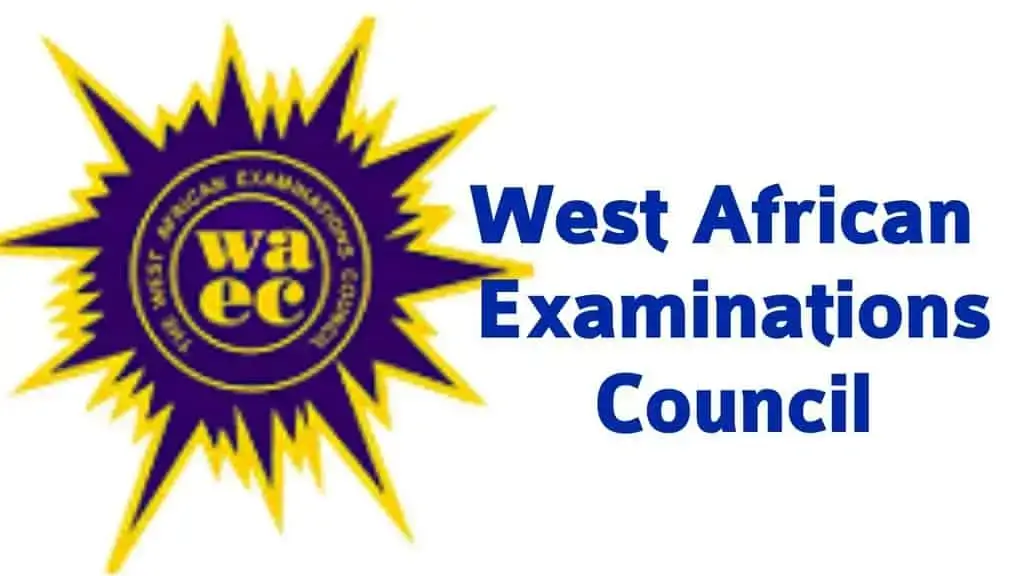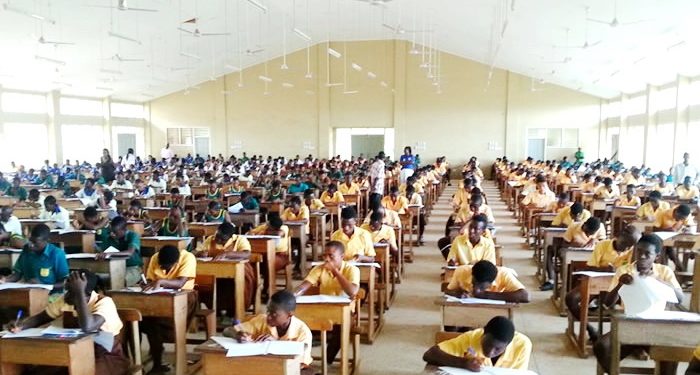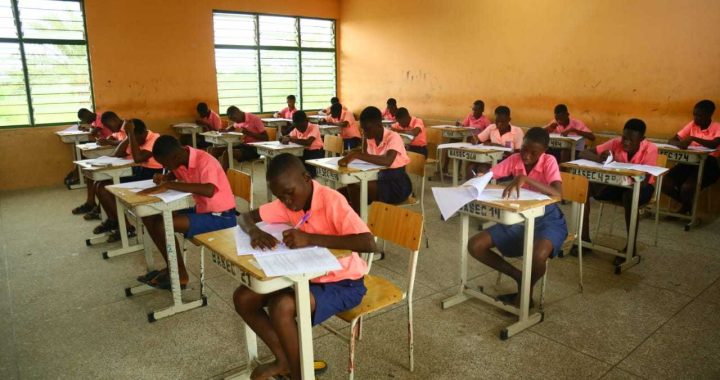BECE 2023: 10 Key Facts You Should Know

The Basic Education Certificate Examination (BECE) is a significant milestone in the educational journey of students in Ghana. As the exam season approaches, here are ten key facts to help students prepare for BECE 2023.
- BECE is a national examination: The BECE is a nationwide examination conducted by the West African Examinations Council (WAEC) on behalf of the Ghana Education Service (GES). The exam is taken by all students who have completed the Basic Education level and are seeking admission into Senior High Schools.
- Exam duration: The BECE examination takes five (5) days, usually spanning the first two weeks of June. The exam consists of eight (8) subjects, including English Language, Mathematics, Integrated Science, and Social Studies.
- Exam format: The BECE exam consists of two parts: Objective and Essay. The objective part is multiple-choice, while the essay section requires students to provide written answers to questions.
- Registration process: To sit for the BECE, students must register with their respective schools. The registration period usually starts in January and ends in March.
- Examination fees: The BECE examination fees vary depending on the region and school. The fees cover the cost of printing the examination papers, invigilators’ allowances, and other administrative expenses.
- Eligibility criteria: To be eligible to sit for the BECE, a student must have completed the Basic Education level and attained the minimum age of 14 years.
- Grading system: The BECE is graded on a nine-point scale. Grades A1 to C6 are considered as passing grades, while D7 to F9 are considered as failing grades.
- Importance of BECE results: BECE results play a crucial role in determining the course of a student’s academic journey. The grades obtained in the BECE determine the Senior High School a student can attend and the program of study they can pursue.
- BECE revision: Students are encouraged to revise all their notes and past questions before the examination. They should also take advantage of study groups and after-school tutorials to enhance their learning.
- Examination malpractice: Students are warned against engaging in examination malpractice. Any student caught engaging in exam malpractice faces serious consequences, including being barred from writing the exam for several years.
In conclusion, the BECE examination is a critical milestone in the academic journey of Ghanaian students. Students must prepare adequately for the exam to achieve their desired academic goals.
READ ALSO: Who is Lloyd Blankfein? 12 Key Facts You Need to Know
 Bimbilla: College of Education students leave campus as CETAG strike continues
Bimbilla: College of Education students leave campus as CETAG strike continues  Angie’s Leaked Tape: Angie Stylish Has Disgraced Konongo Odumase School – School Mate Angrily Speaks
Angie’s Leaked Tape: Angie Stylish Has Disgraced Konongo Odumase School – School Mate Angrily Speaks  1st STEM College of Education in Ghana: Bawumia cuts sod for construction
1st STEM College of Education in Ghana: Bawumia cuts sod for construction  Stop denying students exeat; NAGRAT to SHS Heads
Stop denying students exeat; NAGRAT to SHS Heads  BECE; Four Teachers caught up for assisting students- WAEC
BECE; Four Teachers caught up for assisting students- WAEC  North Tongu District BECE Candidates prevented from wearing shoes or belts
North Tongu District BECE Candidates prevented from wearing shoes or belts  Bawumia’s smartphone pledge misguided and visionless – Adongo
Bawumia’s smartphone pledge misguided and visionless – Adongo  Good Grow: The Marijuana Farm Founded by Akufo-Addo’s Daughters
Good Grow: The Marijuana Farm Founded by Akufo-Addo’s Daughters  National Food Suppliers for Free SHS set to picket at Education Ministry
National Food Suppliers for Free SHS set to picket at Education Ministry  Information Ministry justifies ¢151k paid to staff as Covid-19 risk allowance
Information Ministry justifies ¢151k paid to staff as Covid-19 risk allowance